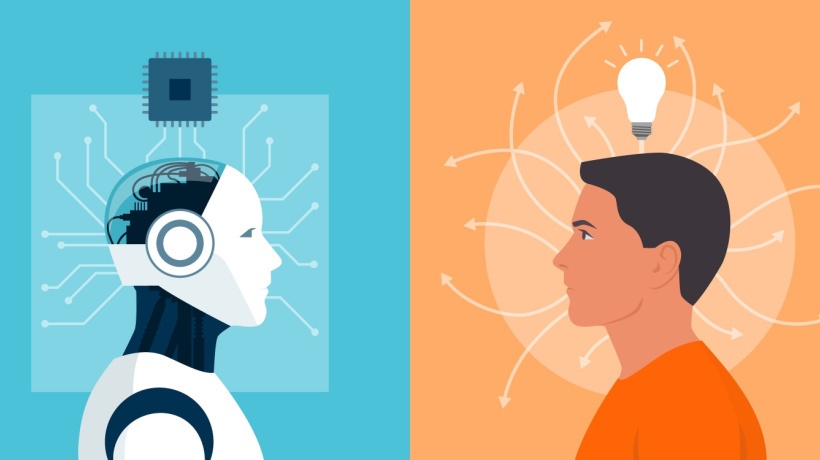OpenAI funds new AI healthcare venture
The OpenAI Startup Fund and Thrive Global have partnered to launch Thrive AI Health, a new company dedicated to creating a hyper-personalized AI health coach. The mission is to democratize access to expert health coaching to improve health outcomes and address chronic diseases. Funded by the OpenAI Startup Fund, Thrive Global, and the Alice L. Walton Foundation, the company aims to leverage AI for behavior change across five key areas: sleep, food, fitness, stress management, and connection. DeCarlos Love, formerly of Google, will serve as CEO.
AI Health Coaching for Personalized Care
Thrive AI Health will utilize generative AI to provide personalized coaching, drawing on the latest peer-reviewed science, biometric data, and user preferences. The AI health coach will deliver insights, proactive coaching, and recommendations tailored to each user, supported by a unified health data platform with robust privacy and security measures. This initiative also includes partnerships with leading academic institutions like Stanford Medicine and the Rockefeller Neuroscience Institute to integrate the AI health coach into their communities.
Addressing Healthcare Inequities
Alice Walton and other leaders emphasize the potential of AI to enhance health and wellness accessibility. The AI health coach aims to reduce the prevalence of chronic diseases, which account for a significant portion of healthcare spending. By focusing on underserved communities, Thrive AI Health seeks to address health inequities and improve overall health outcomes.

Rising Costs of Training AI Models
Anthropic CEO Dario Amodei revealed in a recent podcast that the cost of training AI models is skyrocketing, with current models like ChatGPT-4 costing around $100 million to train. He anticipates that within the next three years, the cost could soar to between $10 billion and $100 billion. This rapid increase is driven by advancements in algorithms and hardware, with Amodei predicting that future AI models could surpass human capabilities in many tasks.
Challenges in AI Development
The demand for powerful hardware is a significant factor in the escalating costs. In 2023, training ChatGPT required over 30,000 GPUs, and companies like Nvidia are now producing AI chips costing up to $40,000 each. The trend is expected to continue, with data center GPU deliveries potentially increasing tenfold. High-profile companies like Elon Musk's ventures and partnerships between OpenAI and Microsoft are planning massive investments in AI infrastructure, highlighting the intense competition and rapid growth in the field.

Sustainability in AI
However, the surge in AI development brings substantial challenges, particularly in power supply and infrastructure. The energy consumption of AI data centers is immense, with last year's GPU power usage equivalent to that of 1.3 million homes. As AI models become more sophisticated and hardware demands increase, there is a growing need for sustainable energy solutions. Companies like Microsoft are exploring options such as modular nuclear power to meet these needs, underscoring the broader societal and environmental implications of the AI revolution.
Advancements in AI Models
Meta AI researchers have introduced MobileLLM, a compact and efficient language model tailored for smartphones and other resource-limited devices. This innovation, detailed in a study published on June 27, 2024, focuses on models with fewer than 1 billion parameters, significantly smaller than models like GPT-4. The team, led by Chief AI Scientist Yann LeCun, implemented novel techniques to enhance performance, showcasing the trend towards more efficient and specialized AI designs.




















